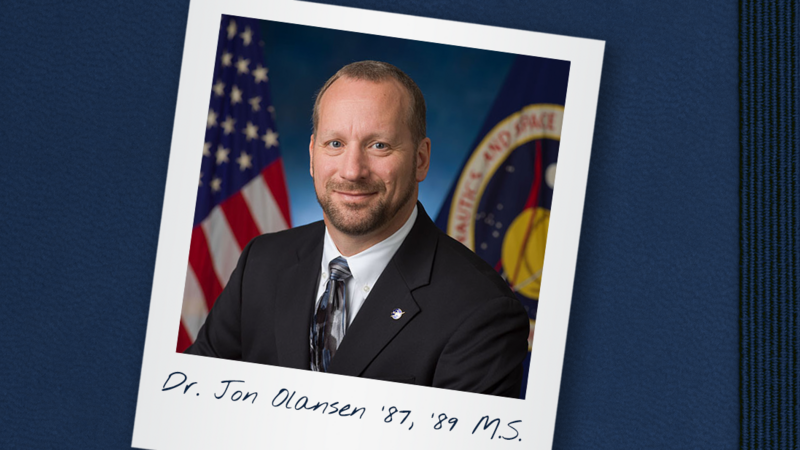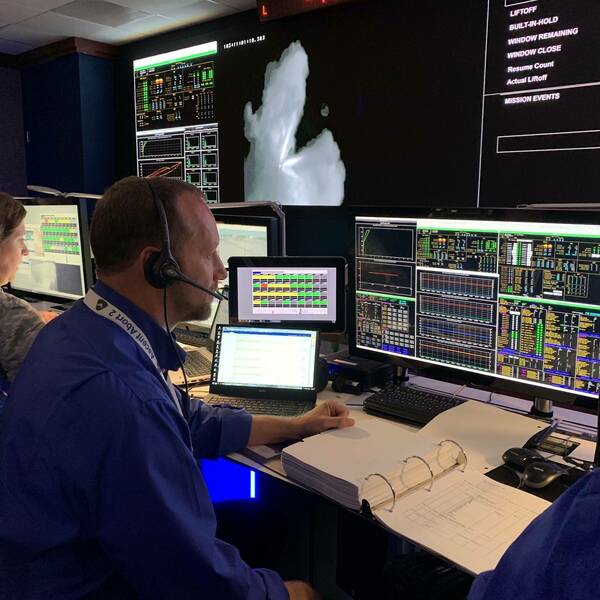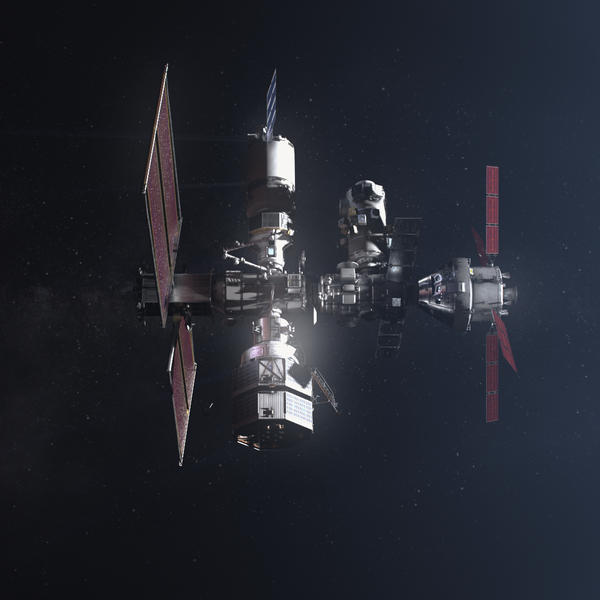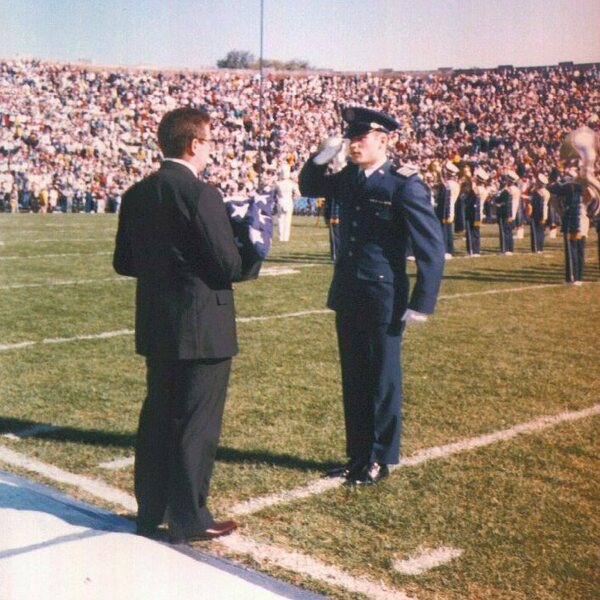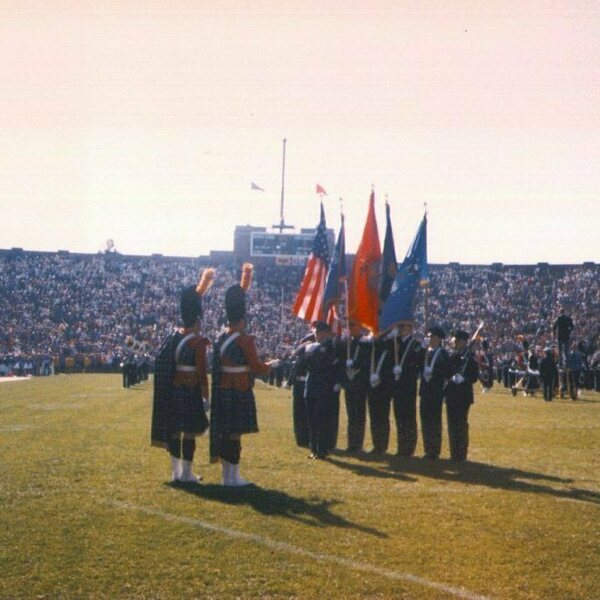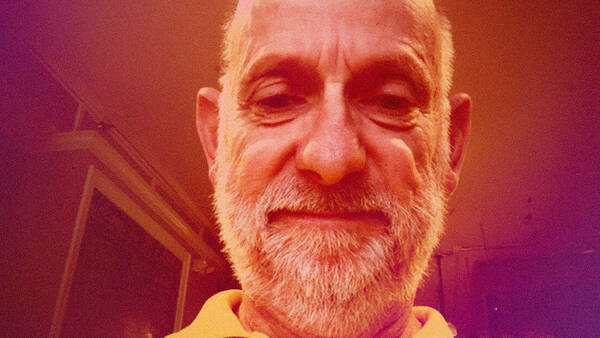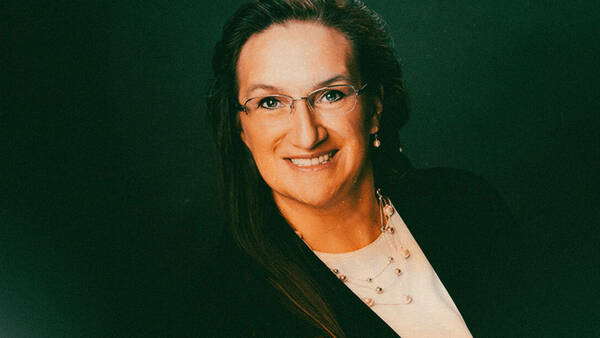Editor’s Note: Domer Diaries is the newest storytelling series from the Alumni Association where members of the Notre Dame family tell their stories in their own words. This week’s Domer Diaries entry comes from Dr. Jon Olansen ’87, ’89 M.S., manager of NASA’s Habitation & Logistics Outpost (HALO) Project of the Gateway, the lunar space station at the center of NASA’s Artemis program, which aims to send humans back to the surface of the moon.
Class Years: 1987, 1989 M.S.
Residence Hall: Keenan
Majors: B.S. Aerospace Engineering; M.S. Mechanical Engineering (Ph.D. Bio-Mechanical Engineering from Rice University in 2000)
Student Activities: Air Force ROTC (Corps Commander, junior year); intramural soccer; Keenan Revue
Occupation: Manager, Gateway Habitation & Logistics Outpost (HALO), NASA
Location: Johnson Space Center, Houston, Texas
Local Notre Dame club: ND Club of Houston
Share a little about your current role with NASA and the Gateway Program.
Currently, I lead the Habitation and Logistics Outpost (HALO) Project Office within NASA’s Gateway Program. Gateway is a smaller version of the International Space Station, but it is being designed and built to operate in a rather peculiar halo orbit around the moon. This will give NASA a sustained presence in cislunar space and serve as a home away from home for our astronauts exploring the moon as part of Artemis.
The HALO is the initial habitable module being built for Gateway. It will be the size of a small studio apartment and serve as the cornerstone of the Gateway, providing environmental controls such as pressure and temperature, multiple ports for other vehicles to dock, and the backbone for command and control and power distribution throughout the Gateway station.
Overall control of the Gateway will be managed by an autonomous software suite developed in-house at Johnson Space Center. My team and I are responsible for the development and certification of both the HALO module and the in-house control software, the integration between the HALO and power and propulsion element (PPE) modules, the coordination with the launch vehicle, and the delivery of the HALO-PPE vehicle into orbit around the moon.
What lessons from Notre Dame do you still use in your day-to-day life?
One key takeaway from my Notre Dame experience was learning how to think through problems. Early in my career as a flight controller for the space shuttle in NASA’s Mission Control Center, I realized that the fundamental academic training I received at ND was necessary (though not sufficient in and of itself) to do the job of operating space shuttle systems. It was learning how to learn that made the difference. ND provided the foundation that manifested through support of 32 space shuttle missions and was then honed by leading other NASA flight system developments, such as the Morpheus Lander.
Another takeaway is the importance of values. This piece showed up more and more over time as I assumed more senior roles at NASA. I’ve been privileged to manage projects and lead teams, and Notre Dame helped shape and reinforce some of the values that I brought to the culture of those teams. Everything from integrity to perseverance, from professionalism to respect — these might sound like soft skills, but to run a team, really pull a team together, and lead that team requires some of those foundational values that I developed at Notre Dame.
What advice would you give current Notre Dame students?
This is a great question and I address it often with students. As I found in my own experience, there are some fundamental things that serve as a basis as we each define and pursue our careers, in science, math, space, or any other field:
- One is our core values. Humility, respect, how we treat others, will absolutely influence our opportunities. These values come from within. Listen to good people, build good character, and then be the good person you are regardless of what others think of you. You will find support and opportunities open more freely when you follow these values.
- Another is work ethic. We cannot seek to achieve great things without great effort. So, pay attention in class, listen to others to broaden your perspective, and be proud enough of yourself and whatever it is that you do to do it well. Science and engineering careers require substantial effort, but the rewards are sky high.
- Finally, never stop learning. Set your sights high to give you direction. I have not yet achieved my original goal of flying in space myself, but our work will lead to a home for others in deep space. Even more importantly, that goal has been my compass and has guided career decisions, enabling an extremely fulfilling career. I continue to learn from those around me every day, an enduring perspective that still helps prepare me for whatever opportunities may await.

